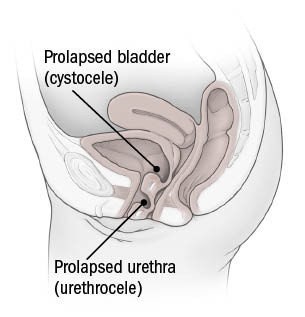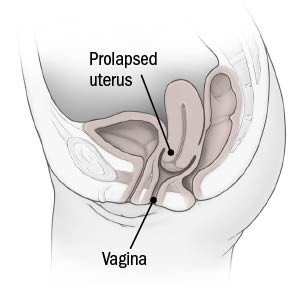It's impossible not to observe a pattern when it comes to many prevalent chronic pain illnesses, such as fibromyalgia, migraine headaches, arthritis, or lupus. The majority of patients diagnosed with these diseases are women. Women are not only disproportionately impacted by diseases that cause chronic pain, but they also have a harder time acquiring a precise diagnosis and receiving adequate therapy.
Pain mystery.
It is unclear why women tend to be more likely to have pain problems that last longer than a short time. It may be due to genetics. A biological explanation for these discrepancies may exist. Tho, the onset of menstruation often causes migraines to worsen in females.
Post-traumatic stress disorder (PTSD) may also be triggered by trauma, including sexual assault, which might lead to additional symptoms such as chronic pain. Women are more likely to have post-traumatic stress disorder (PTSD) than males. Only ten per cent of women will be diagnosed with PTSD over their lives, whereas only four per cent of males will be diagnosed with the disorder.
What causes pain problems to be more prevalent in women?
Women tend to suffer more from pain problems than men, but far too many have to endure for longer than they should due to delayed diagnosis. One of the findings reported in a 2011 study done by the World Endometriosis Research Foundation showed that on average, a woman had to wait seven years from the time she first had symptoms to when she was diagnosed with endometriosis. Like the lining of the uterus, the tissue that causes endometriosis develops elsewhere in the body, resulting in inflammation and scarring.
Also often found in people with fibromyalgia is the delay in diagnosis. The condition is thought to originate in the brain's pain response region.
This is ongoing research.
Cancer treatment may be aided by gut microorganisms. This research is still ongoing and being watched.
Researchers at the National Cancer Institute's Center for Cancer Research discovered that changing the type of microbes in the gut helped people with metastatic melanoma (a type of skin cancer that is aggressive) react to immunotherapy treatments that had previously failed them.
This prevalent issue is frequently overlooked or misinterpreted. Pelvic organ prolapse, a disease in which the uterus, bladder, small intestine, or rectum bulges into the vaginal wall or drops down through the vagina, affects around half of the women over 50. However, unlike other prevalent health issues, many women are reluctant to discuss it, even with their doctors. Some people do it out of embarrassment, while others do it because they believe it's simply something they'll have to cope with as they get older.
Pelvic organ prolapse conditions
Normal positions of pelvic organs

Cystocele and urethrocele

Rectocele

Uterine prolapse

The topic of whether having the COVID-19 vaccination might impact my mammography findings was raised in an article authored by Kelly Bilodeau, Executive Editor, Harvard Women's Health Watch.
He explained that as your immune system prepares to detect and fight the virus, at least two of the authorized COVID-19 vaccinations may cause lymph nodes in the armpit (or other parts of the body) to swell. Although it's a safe transient response, it might cause some confusion on a mammogram. Swollen lymph nodes in the armpit or other surrounding areas are an indication of cancer in rare situations. Experts are now urging radiologists to use caution when interpreting the importance of enlarged lymph nodes observed on a woman's mammography if she has recently received the COVID-19 vaccination, to prevent unneeded testing and worry. If your breast imaging centre hasn't inquired about it, please do so. If your mammography reveals enlarged lymph nodes, your radiologist may recommend that you have further ultrasound testing or return in a few weeks to check if the swelling has subsided. If the swelling does not go away, further testing may be required. To minimize problems, schedule your mammogram before your first dosage or four to six weeks after your second dose. But don't forget to take the test and get your COVID-19 vaccine.
Browsing through venues is one of the most lust-worthy portions of the wedding planning process, right up there with engagement rings and bridal dresses. However, with so many options—at every price point— but it may be difficult especially if you aren't sure where you want to marry. Inspiration and direction are required even for the most imaginative bride.
Your wedding location, which is the most essential aspect of any wedding, makes the celebration spectacular. With years-long waitlists for the most sought-after destinations, it's important to prepare ahead, especially for the most awe-inspiration. Because the location you choose will appear in every image and memory from the day, it's critical to select a location that reflects the significance of the wedding, stunning all guests with its uniqueness.
Here are our top selections for the most beautiful wedding venues across the world, ranging from European chateaux to tropical beaches and unusual American locations.


